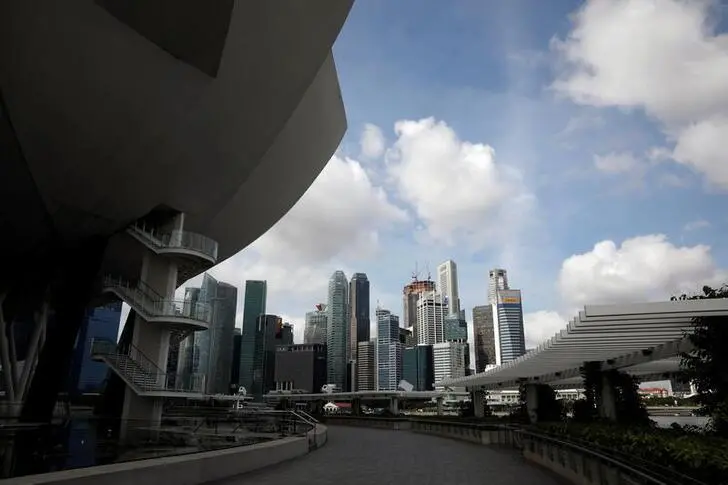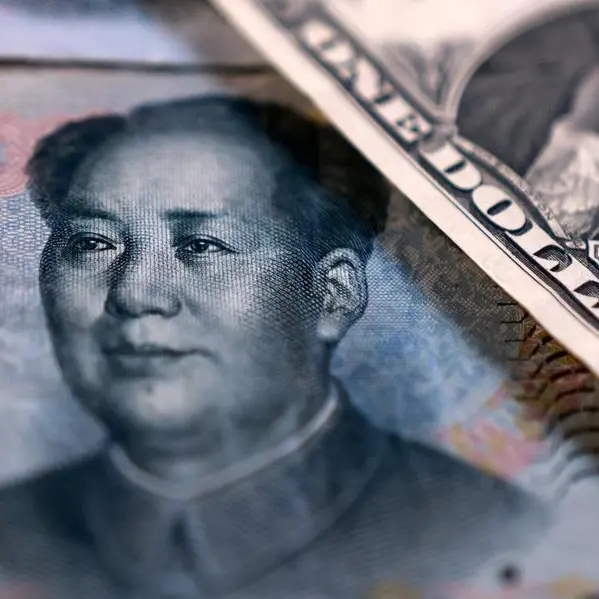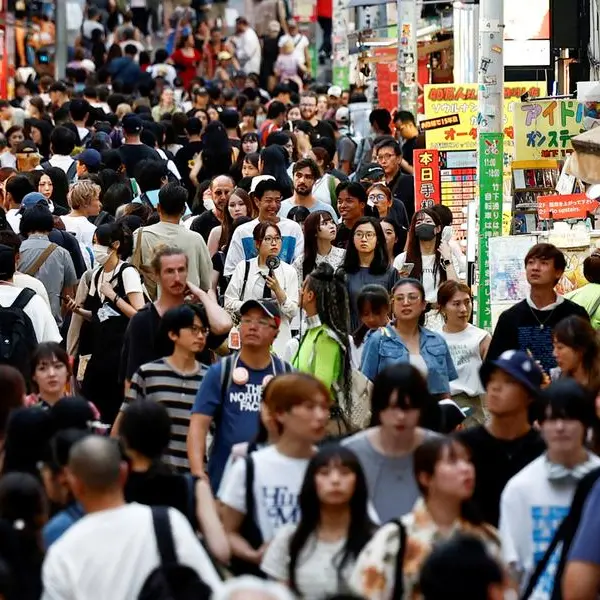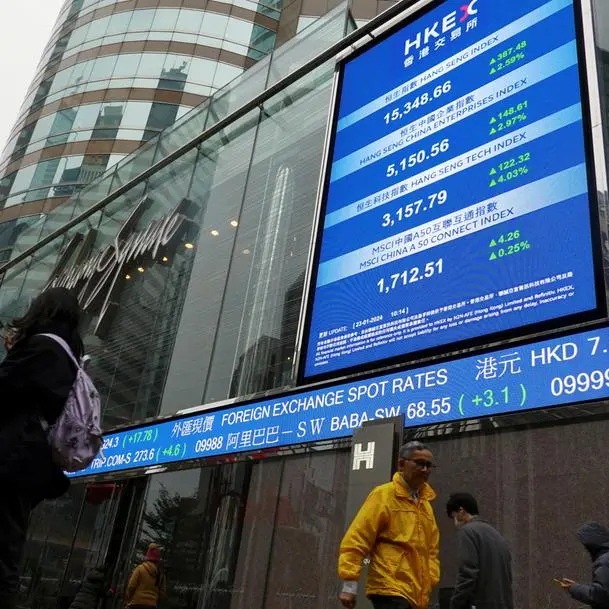PHOTO
Singapore's key consumer price gauge rose 3.3% in October on a yearly basis, higher than economists' forecasts, official data showed on Thursday.
The core inflation rate - which excludes private road transport and accommodation costs - was slightly above the 3% forecast by a Reuters poll of economists.
It compared with 3% in September and a peak of 5.5% in January and February.
Headline inflation in October was at 4.7% compared with the same month last year, also higher than economists' forecast of 4.45% and compared with a prior 4.1%.
The government said the pick-up in core inflation was due to higher prices for services and retail and other goods and an increase in electricity and gas costs.
In a joint press release, the Monetary Authority of Singapore and the trade ministry projected core inflation to drop to between 2.5–3% year-on-year by next month and be "impacted" early next year by a planned 1-percentage-point consumption tax hike.
"However, core inflation should resume a broadly moderating trend over the course of 2024, as import cost pressures decline and tightness in the domestic labour market continues to ease," the press release said.
Last month, the central bank kept monetary policy settings on hold but changed the frequency of policy reviews from a semi-annual to a quarterly schedule. On Wednesday, a central bank official said it was "appropriate".
Singapore's economy grew faster than initial estimates in the third quarter
, government data showed this week, helped by a resurgence in tourism and service sector activity, although authorities warned of risks from inflation and geopolitics.
Gross domestic product rose 1.1% year-on-year, higher than the initial estimates of 0.7% released last month.
(Reporting by Xinghui Kok; Editing by Kim Coghill and Sohini Goswami)





















